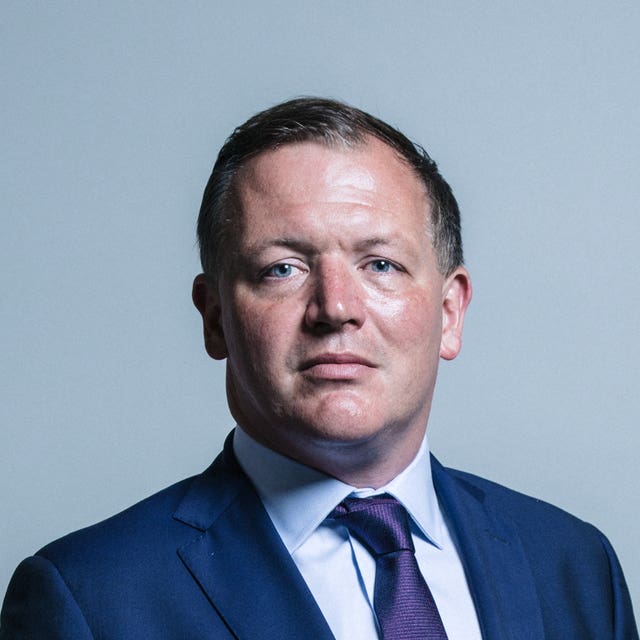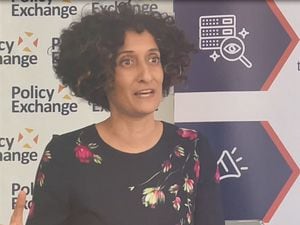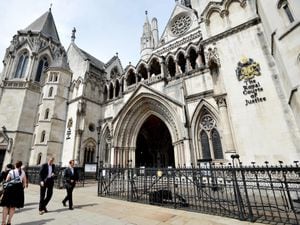Sir Nick Clegg asked about Facebook rules on political ads and encryption plans
The DCMS Committee chair has written to the former deputy PM expressing concern about changes to the platform’s political advertising policy.

Sir Nick Clegg has been challenged about Facebook’s rules on political advertising as the possibility of a UK general election looms over Westminster.
The former deputy prime minister – who is now the social network’s head of communications – has been asked to explain rule changes to political adverts by Digital, Culture, Media and Sport Committee chair Damian Collins.
The MP for Folkestone and Hythe says Facebook’s policy on political ads dropped a ban on “deceptive, false or misleading content” to instead only address “claims debunked by third-party fact-checkers, or, in certain circumstances, claims debunked by organisations with particular expertise”.
In a letter to Sir Nick, Mr Collins asks why Facebook decided to change its policy, “given the heavy constraints this will place on Facebook’s ability to combat online disinformation in the run-up to elections around the world”.
Mr Collins notes that a website or page designed to promote the opinion or agenda of a political figure is now ineligible for fact-checking, moves which he described as “particularly concerning”.
The Digital, Culture, Media and Sport Committee (DCMS) chair also demands to know why Facebook wants to merge its three instant messaging platforms and provide end-to-end encryption throughout, amid fears the plan could prevent child abusers and terrorists being caught.
The Home Secretary Priti Patel and her counterparts in the US and Australia outlined their fears to Mark Zuckerberg in a letter earlier this month, saying that such a move could hinder law enforcement trying to investigate child abusers and terrorists operating online.

“Why can’t WhatsApp remain the only end-to-end encryption service, and what is the opinion of the Facebook Safety Team?” Mr Collins asked.
“Have they expressed any reservations regarding the planned merger-encryption?”
Last week, Facebook’s global head of safety Antigone Davis reportedly said the social network was working on new ways to prevent online groomers from approaching children, in an attempt to allay concerns about encryption.
Ms Davis told the Financial Times it could watch out for suspicious patterns in user activity, such as a person who makes multiple requests to minors or an alert system when people with large age gaps are chatting privately.





